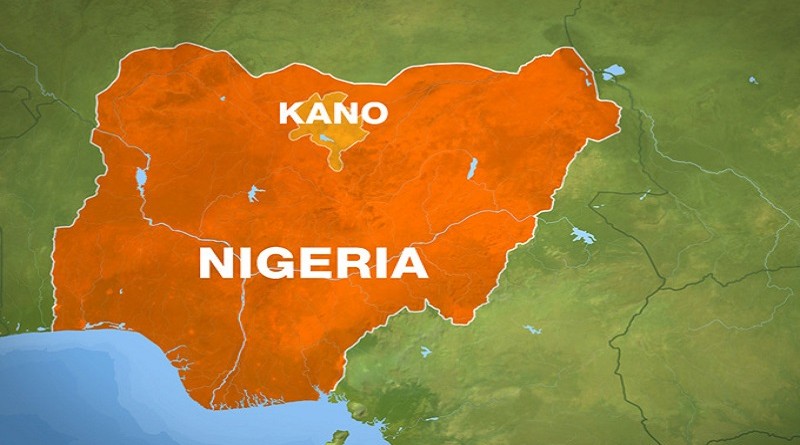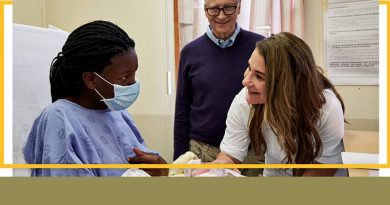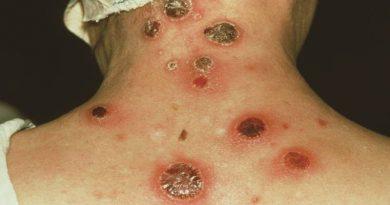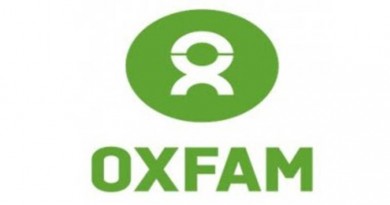Nigeria Records Gain in the Fight Against Tuberculosis
Response to the coronavirus pandemic notwithstanding, data indicate that there has been an increase in annual tuberculosis (TB) case notification due to strategic intervention by the National Tuberculosis, Buruli Ulcer and Leprosy Control Program (NTBLCP), in collaboration with World Health Organization (WHO) and other stakeholders working on TB control and elimination in Nigeria.
For instance, in 2020 a total of 138,591 cases were notified;15 % higher compared to 106,533 and 120,266cases notified in 2018 and 2019 respectively. Also, comparing first quarters of 2019, 2020, 2021 case notification are 28,823, 33,132 and 43,838 (32% increase in Q1 2021 compared to Q1 2020) respectively.
Commending the collaborating organizations for their efforts, the National Coordinator, NTBLCP, Dr Chukwuemeka Anyike, says “the country is very impressed with the 2020 program performance despite the COVID-19 pandemic”.
He echoed that active TB case finding is vital in reducing the burden of the disease in the country because Nigeria has over 440,000 incident TB cases, and over 300,000 are estimated to be missed annually.
“This implies that with additional resources channeled towards TB case finding, scale-up of innovative strategies and a focused and targeted approach the country can actualize its goal of finding all missing TB cases and possibly ending TB in Nigeria” he continued.
Initiating result-producing results
In other climes, when the pandemic triggered lockdowns in March 2020, diagnosis and enrollment for TB treatment fell in many high TB burden countries. In Nigeria, the key component of the intervention began in the second quarter of the 2020 with WHO and partners integrating TB case finding into the COVID-19 structure in all outreach in 12 states (e.g., Anambra, Bauchi, Benue, Cross River, Delta, Imo, Kaduna, Kano, Lagos, Niger, Osun, and Rivers States).
The response included training TB case officers’ /community informants on advocacy, house-to-house case search, contact tracing, and social mobilization for Tuberculosis and COVID 19. Effort to locate TB and Covid-19 cases included screening programme, laboratory services engagement with key community stakeholders in the 12 states, and services in the health facilities were intensified in collaboration with USAID-KNCV, using Genexpert and the ‘WOW’ Trucks.
In the cause of the search, 48 years old Mrs Oguejiofor C, living in Ogbaru Local Government Area of Anambra State, was diagnosed of TB after a house to house visit by the TB case officers to her locality. She had been coughing severally for some months, experiencing weight loss, sweating at night and having constant fever.
“I am glad I heeded the advice of a health officer who came to sensitize people in my area about Covid-19 and TB during the Covid-19 lockdown. I approached her with my symptoms, and she said it could be TB and advised I visit the hospital where sputum and X-ray tests were conducted. I started treatment immediately, and I am already feeling better,” she said.
Unlike Mrs Oguejiofor, 25 years old Chimeze Kenneth Obi did not present any symptoms when diagnosed in May 2020. His case was notified by the TB/Covid-19 case officers on house to house search in Ogbaru LGA, Anambra state.
“I provided sputum sample for testing, and I was later informed of my TB status. I started treatment immediately. The treatment lasted for six months, and all the treatments were free. I am happy I was detected before it became a serious health problem”, he said while appreciating the government and WHO for the search initiative.
With early lesson from the recovery effort, all 36 states and the Federal Capital Territory (FCT) have included TB in the covid-19 response to ensure that new cases detected are placed on treatment.
Speaking on the intervention, WHO National Professional Officer (NPO), Dr Moses Onoh says, “Tuberculosis is curable and preventable, yet millions of people are infected annually, with many unable to access diagnosis and life-saving treatment. WHO will continue to support governments at all levels to ensure that the Covid-19 management programme takes the advantage of the extensive structures and human resource capacity available in the TB control programme to increase detection, diagnosis and management of cases at the community level.”




